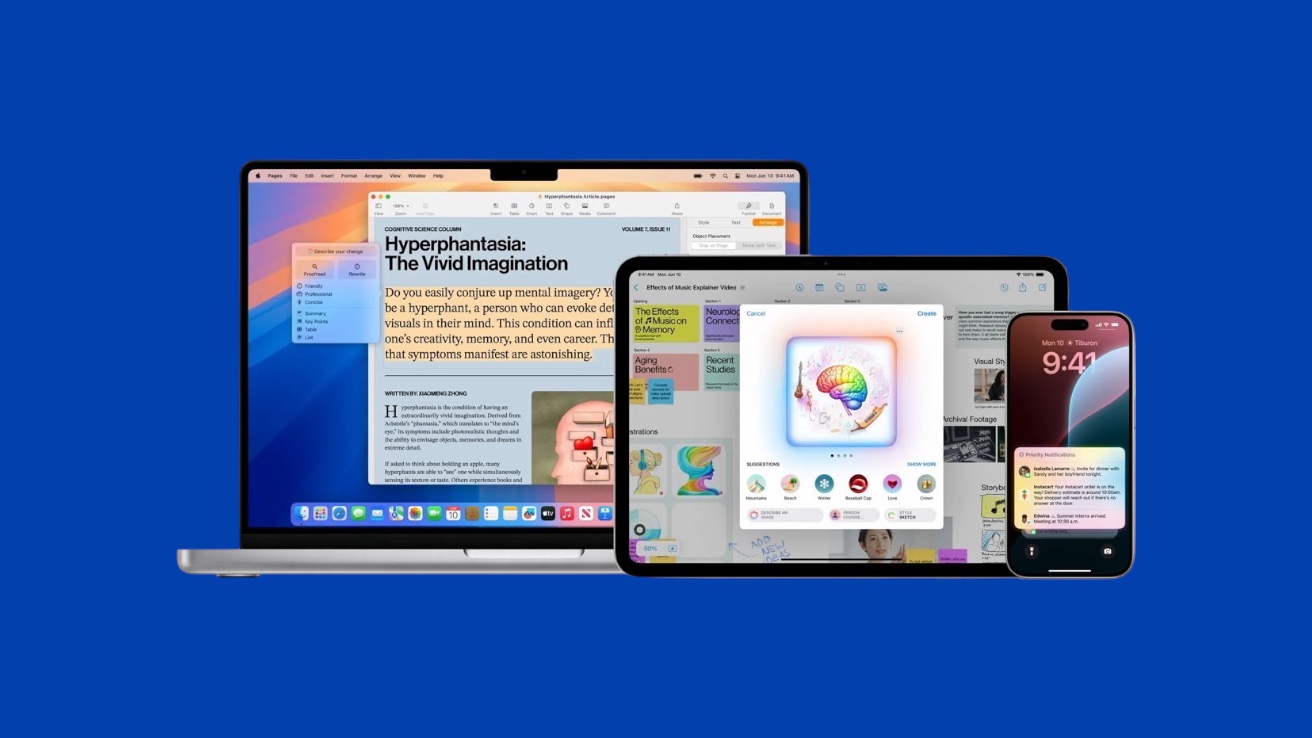Google has announced Gemini 2.0, its latest and most powerful AI model, designed to operate in the “agentic era,” characterized by AI systems that can autonomously perform tasks and interact with the world. The new model boasts enhanced capabilities, including multimodal output with native image and audio generation, as well as seamless integration with tools like Google Search and Maps.
A key component of this release is an experimental version of Gemini 2.0 Flash, a high-performance, low-latency model designed for rapid execution. Developers can immediately begin building applications using this model through the Gemini API, accessible via Google AI Studio and Vertex AI. Furthermore, existing Gemini and Gemini Advanced users can experience a chat-optimized version of Gemini 2.0 by selecting it from the model dropdown on desktop.
Beyond developer access, Google is showcasing Gemini 2.0’s potential through several research prototypes:
- Project Astra: This project explores the future of universal AI assistants, envisioning a more comprehensive and integrated user experience.
- Project Mariner: As an experimental Chrome extension, Mariner is an early prototype demonstrating the ability of AI to take actions directly within the browser.
- Jules: This experimental project showcases an AI-powered code agent designed to assist developers with coding tasks.
Google emphasized its commitment to safety and responsible AI development, stating that these projects are being approached with a gradual and exploratory methodology, including collaboration with trusted testers.
Gemini 2.0 is already being tested in AI Overviews within Google Search, with plans to expand its integration into more Google products early next year. This announcement signals a significant step forward in Google’s AI strategy, positioning Gemini 2.0 as a central component of its future product ecosystem.





